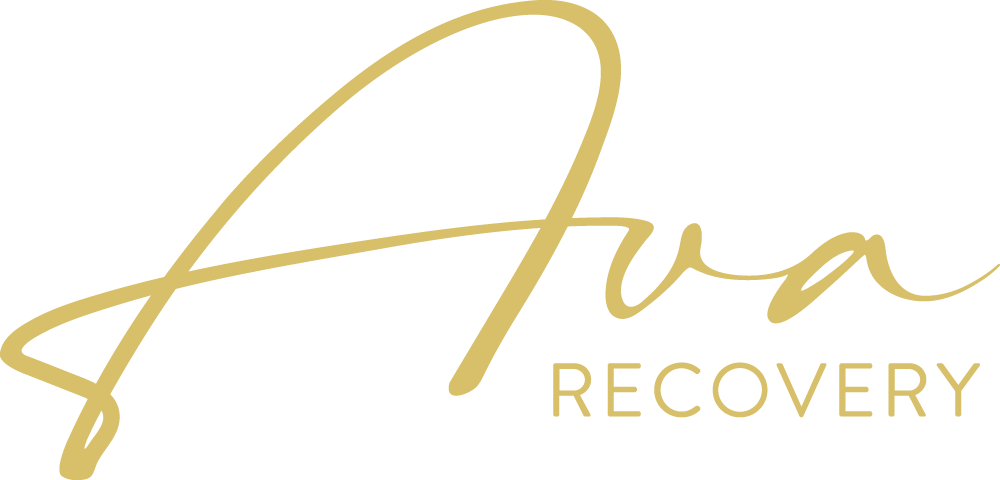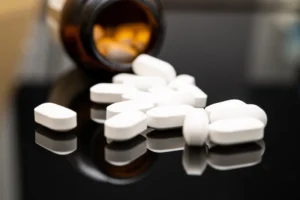When you go through drug or alcohol recovery, detox is the first step. The detoxification process removes any residual toxins and compounds from drugs or alcohol from your body. For many people, this process lasts a few days, getting progressively more severe until it reaches its peak, and then that severity declines.
But what about symptoms that continue for weeks or months after detox? Continue reading to learn more about this condition and discover how Ava Recovery, a leading drug rehab in Texas, can help.
What is Post-Acute Withdrawal Syndrome?
Post-acute withdrawal syndrome, sometimes called PAWS, is a condition that some people experience for several weeks or months during the early stages of recovery. With this condition, you may experience protracted withdrawal symptoms long after the initial few days of detox. The symptoms can happen quickly and be quite severe, making recovery very challenging.
Coping with post-acute withdrawal syndrome is important to your long-term well-being. Without learning coping skills, you are at a higher risk of relapse.
Symptoms of Post-Acute Withdrawal Syndrome
Symptoms of post-acute withdrawal symptoms may not be easily recognizable during the early stages of detox because you might attribute them to a regular part of your recovery. However, as you continue in your recovery, symptoms may become more noticeable and include some of the following:
Cravings
Persistent cravings are one of the key symptoms. With post-acute withdrawal symptoms, these cravings tend to manifest for several months or years after you have received treatment, but learning how to cope with these symptoms during treatment can set you up for success.
Physical Withdrawal
It’s not unusual to experience common physical side effects like nausea, fatigue, muscle pain, or headaches to persist because of PAWS.
Mood Swings
Severe mood swings are not uncommon, including:
- Anger
- Anxiety
- Irritability
- Depression
Cognitive Problems
PAWS can cause problems with concentration, decision-making, and memory.
Sleep Issues
Coping with PAWS can be challenging when you don’t get enough sleep. Insomnia or hypersomnia (excessive drowsiness during the day despite adequate sleep at night) are both symptoms of post-acute withdrawal syndrome.
Coping with Post-Acute Withdrawal Syndrome
There are several ways you can cope with post-acute withdrawal syndrome for a better recovery experience.
Coping with post-acute withdrawal syndrome sleep problems can be done through establishing a regular night time routine and maintaining proper sleep hygiene.
When you work with our Austin drug rehab, a routine is a cornerstone of your recovery plan. All of your sessions are conducted at the same time, on the same day of the week, and if you are residing at our residential treatment center in Texas, you know that your daily schedule includes structured meals and downtime.
Once you have a good routine established, you should stick to it, including going to bed at the same time each night and waking up at the same time each day.
In order to maintain a proper sleep routine, good sleep hygiene is essential, and that includes:
- Keeping your room quiet
- Keeping the bedroom cool
- Removing devices from the room
- Maintaining darkness when sleeping
In addition to maintaining a routine to address sleep issues, you can implement other interventions to help address other symptoms of PAWS. Coping with mood swings from PAWS can include several strategies practiced through your treatment plan, such as:
- Mindfulness
- Yoga
- Exercise
- Meditation
- Cognitive behavioral therapy
- Spending time outdoors
- Socialization
- Support groups
- Setting and achieving goals
- Tackling small tasks
Coping with PAWS: How Ava Recovery Helps
At Ava Recovery, clients who participate in detox and residential treatment can receive personalized recovery plans that combine techniques such as dialectical behavior therapy, internal family systems therapy, and on-site equine-assisted therapy.
Our luxury facility is situated on seven acres where clients can take time to immerse themselves in the natural surroundings and turn their attention inward. Our amenities include:
- Pool
- Professional chef
- Ice baths
- Volleyball court
- Workout room
- Rec room
While at our facility, access to a professional chef will help you maintain a healthy diet to support the healing process for your body. The food you eat during detox and the rest of your recovery plan can have a significant impact on your mood and the physical withdrawal symptoms you experience.
Physical activity can alleviate some of the main symptoms of PAWS, especially sleep problems, cognitive issues, and mood swings. To that end, our luxury facility offers a pool, workout equipment, a rec room, and a volleyball court where you can spend your free time engaging in physical activity that helps you cope with your symptoms.
Emotional support can help you address some of the contributing factors to addiction while also helping you develop personalized coping strategies for your symptoms. We treat trauma as the root cause of addiction and help you improve your connection not only to yourself but to others. With our trauma-focused therapy and holistic therapeutic practices, coping with post-acute withdrawal syndrome can be much easier.
When you finish detox and continue to experience acute manifestations of your withdrawal symptoms, staying sober and strong in your recovery can be difficult, but we make it a little bit easier
Contact Ava Recovery to learn more about how our treatment can help you cope with post-acute withdrawal syndrome for a smoother recovery journey.







